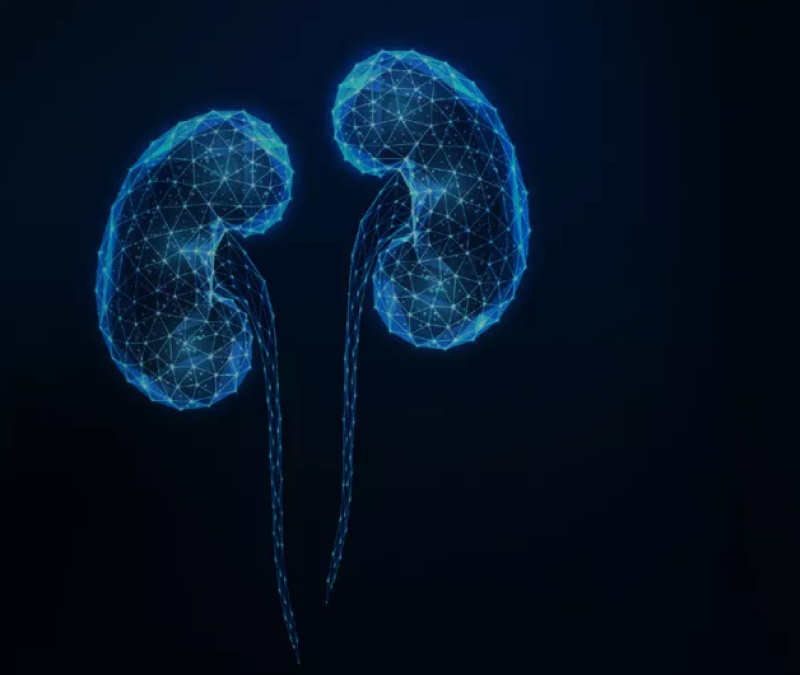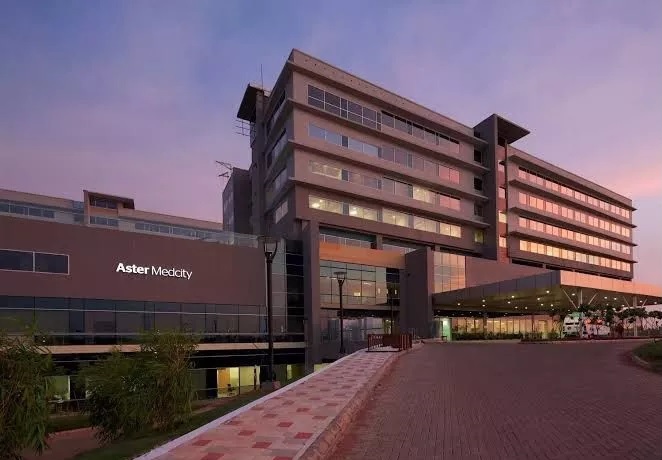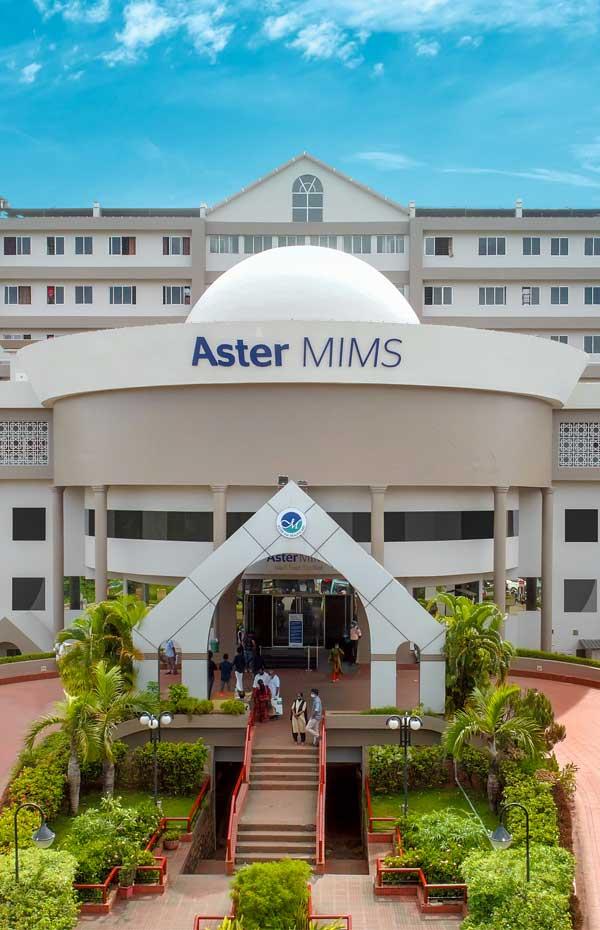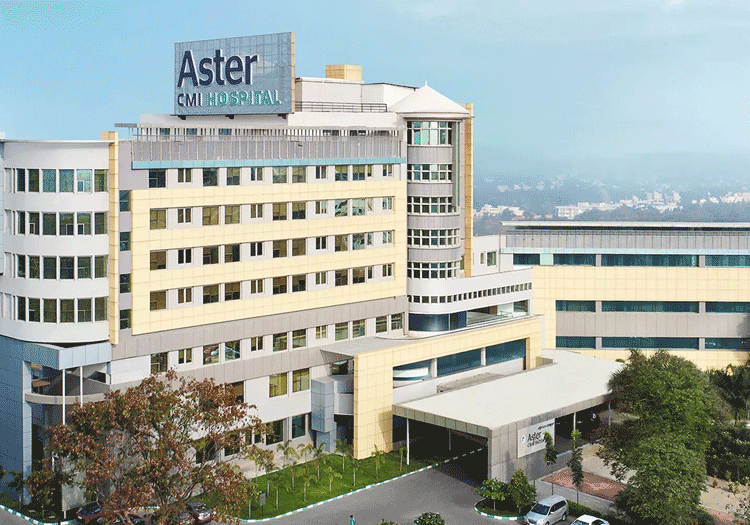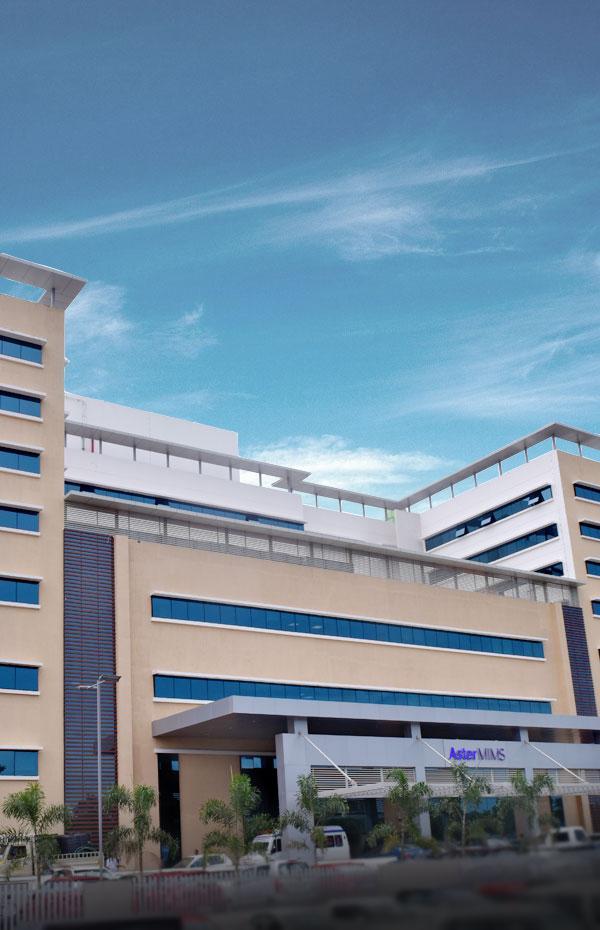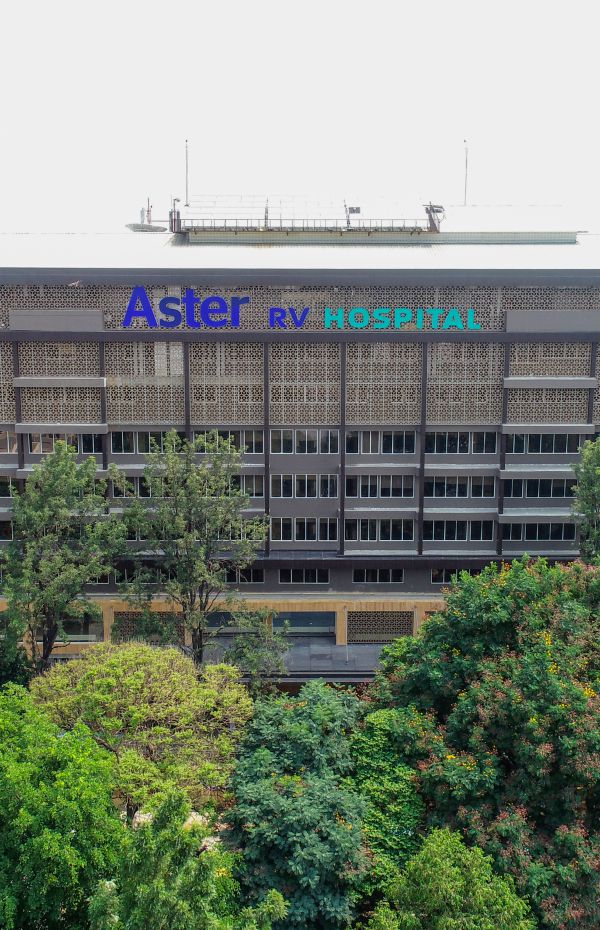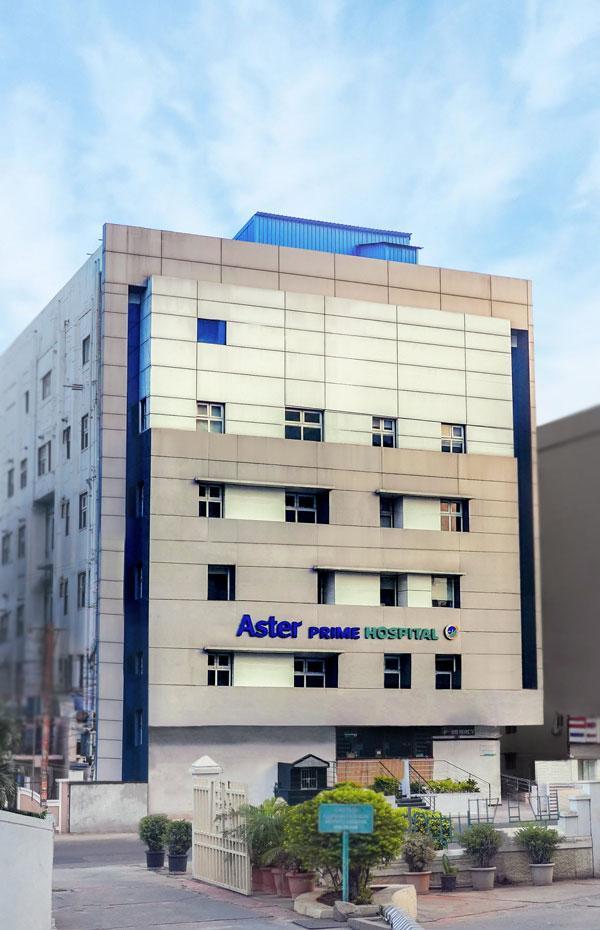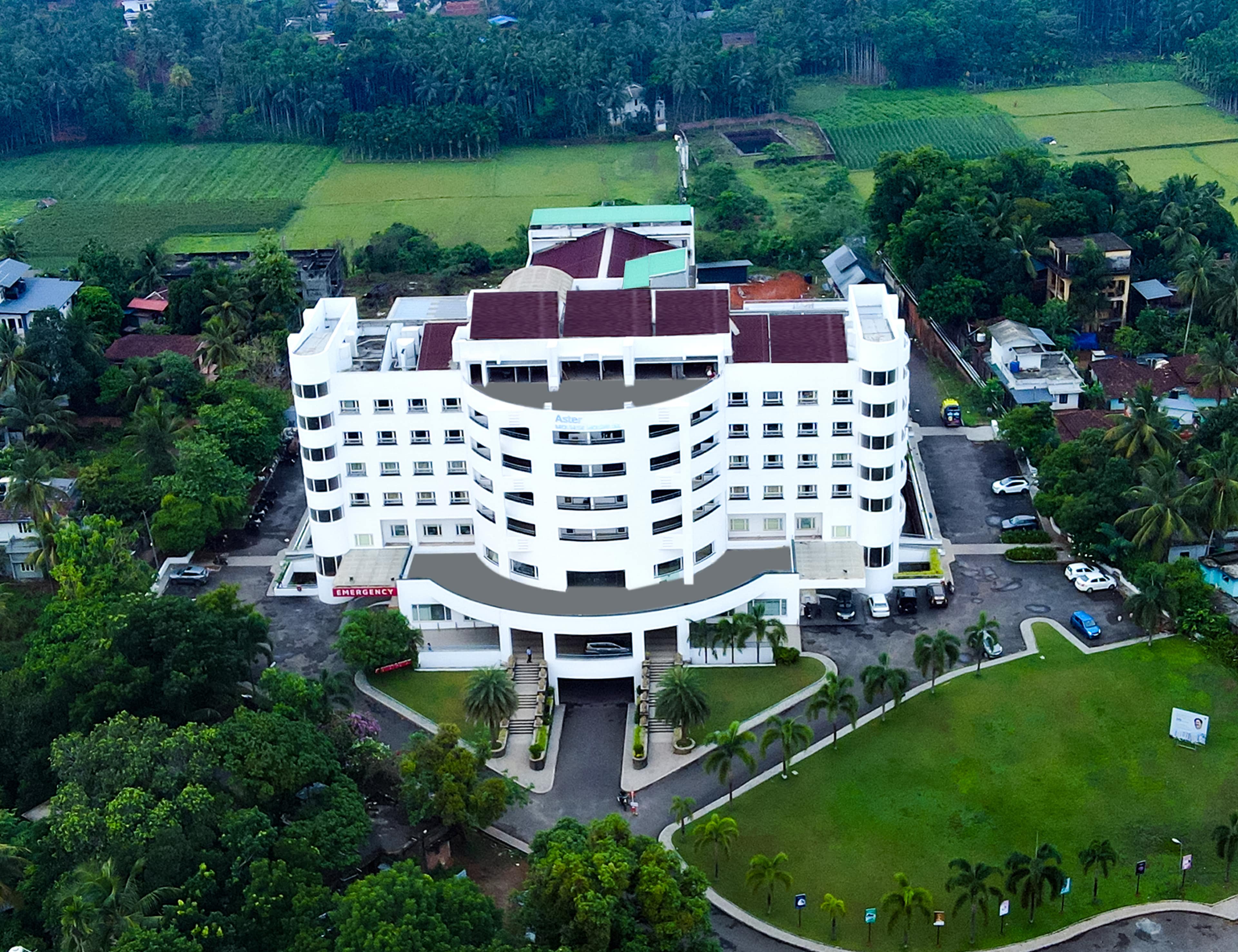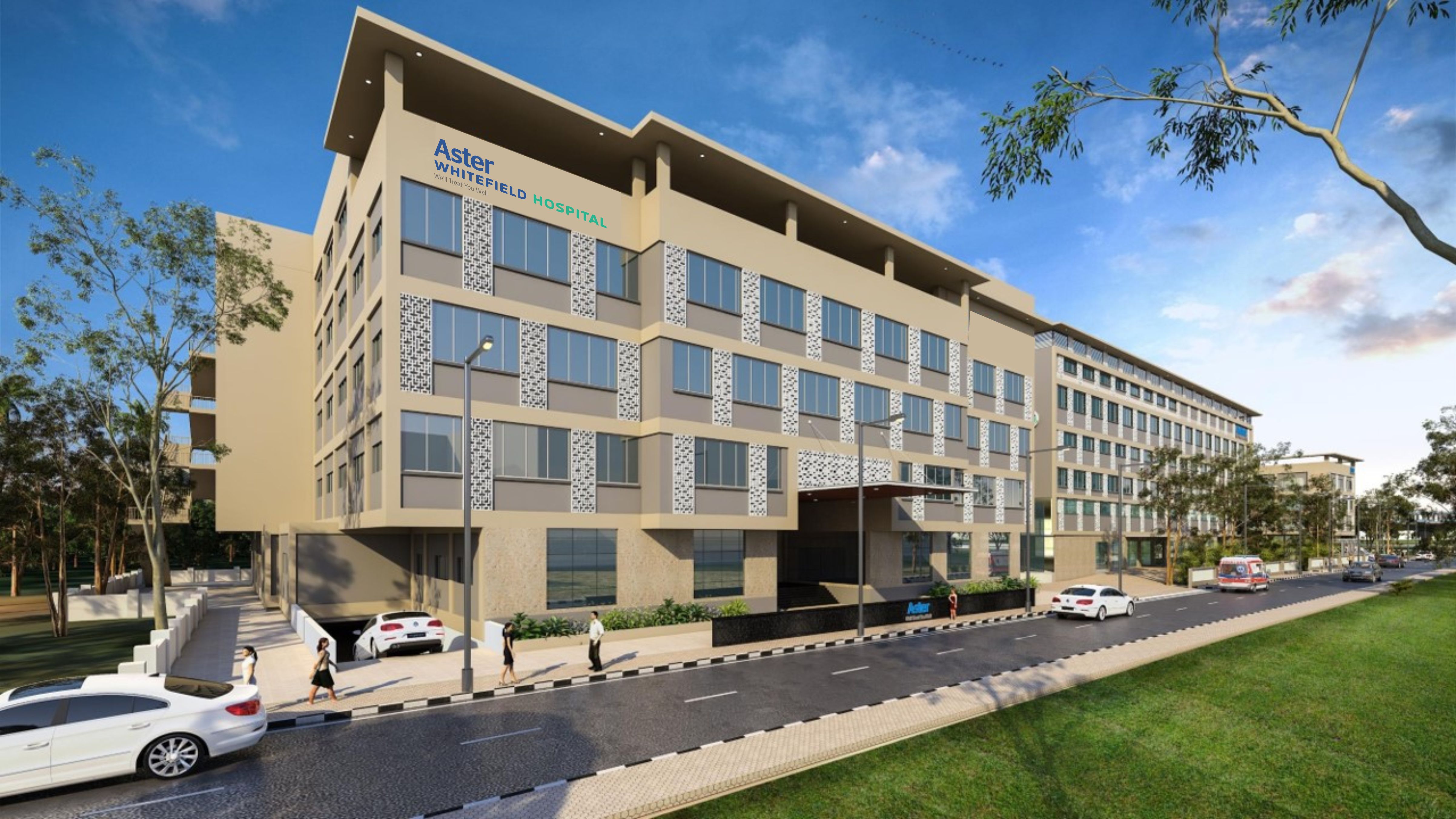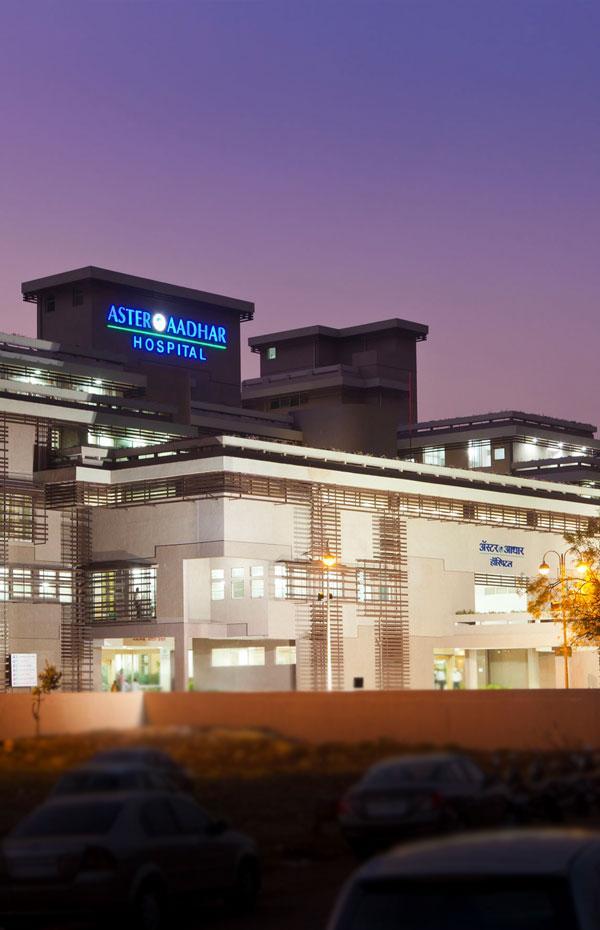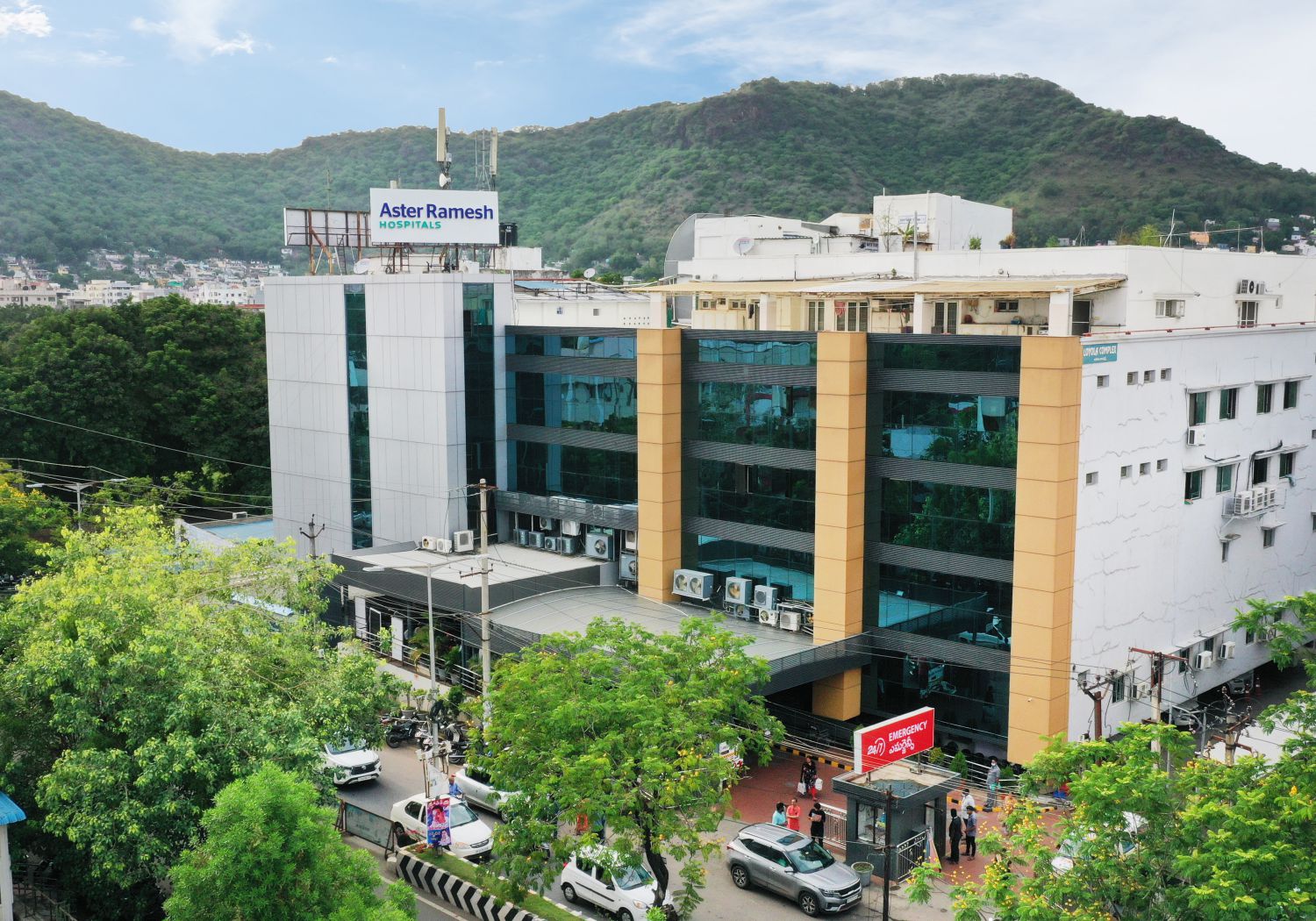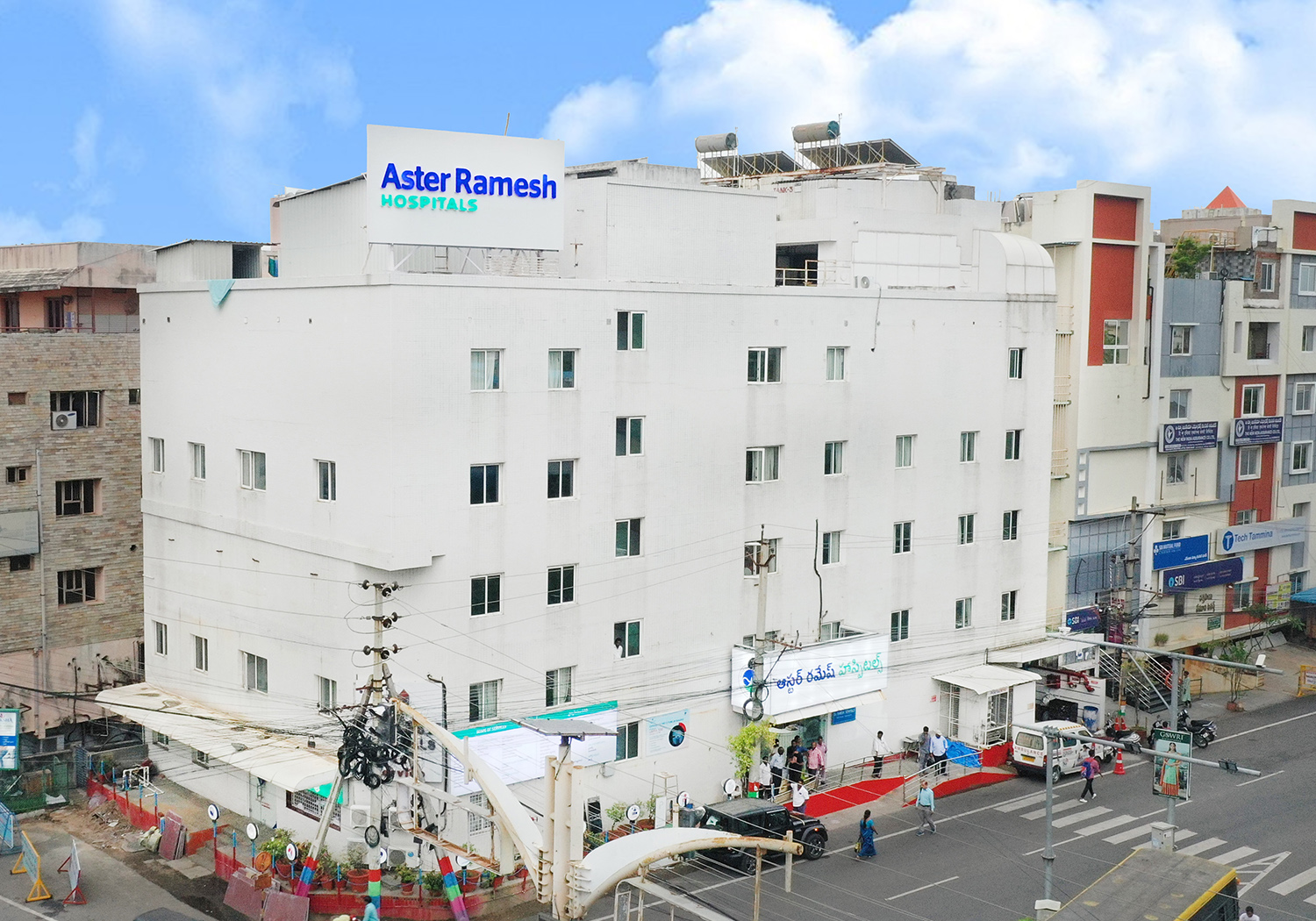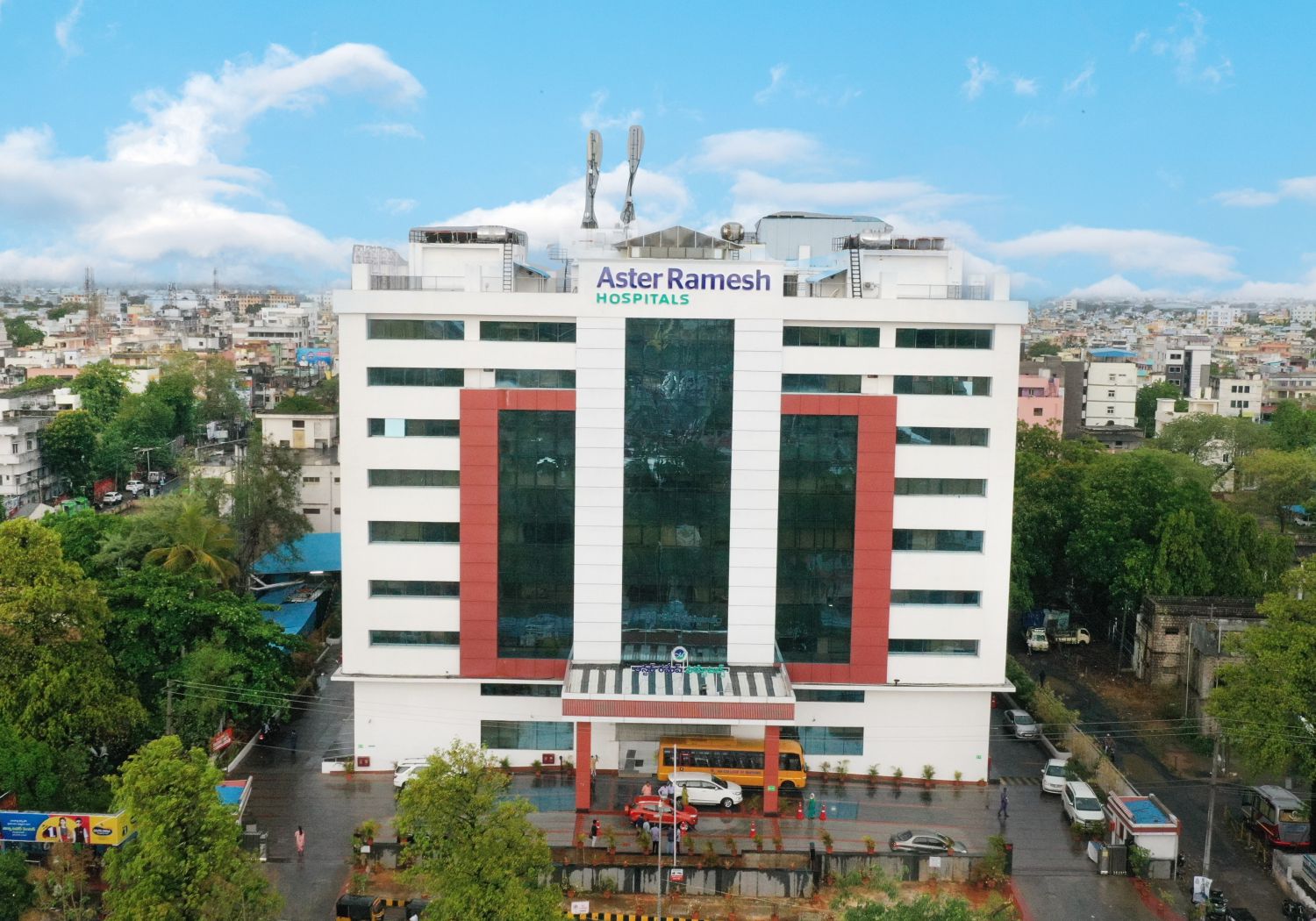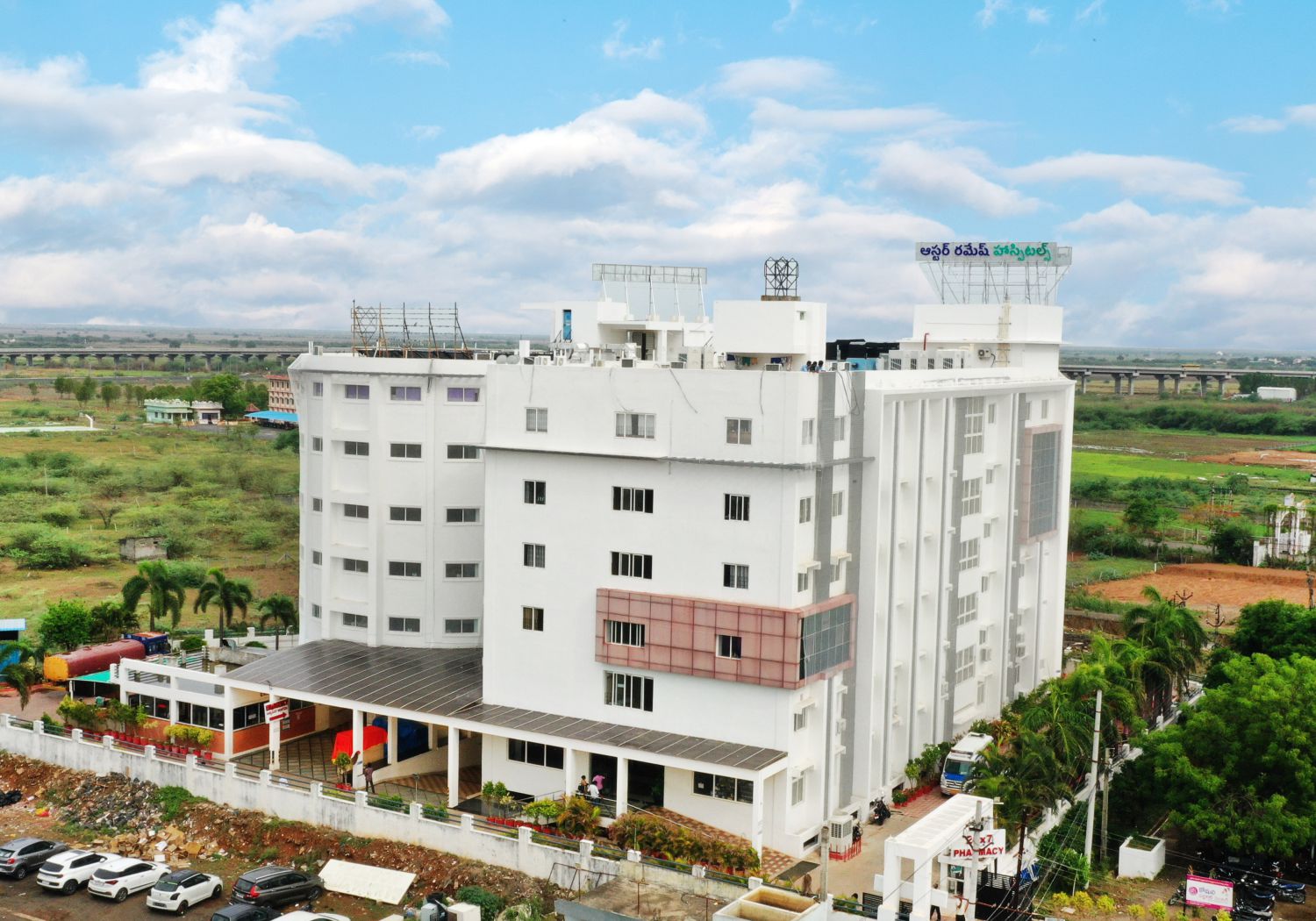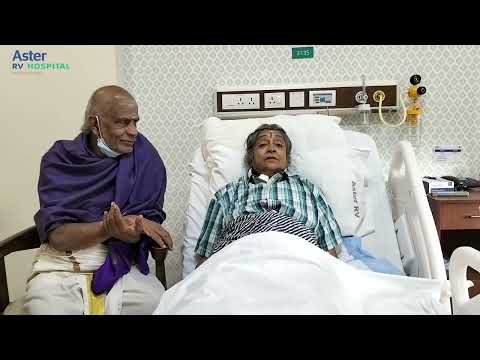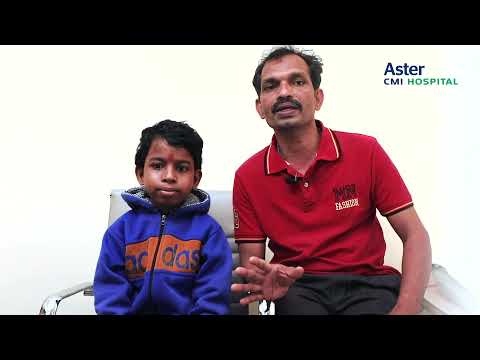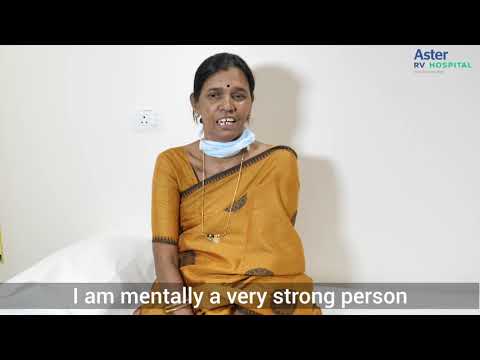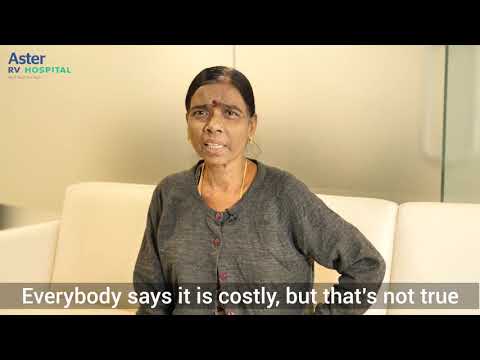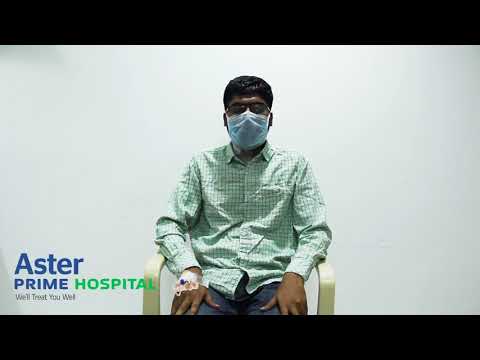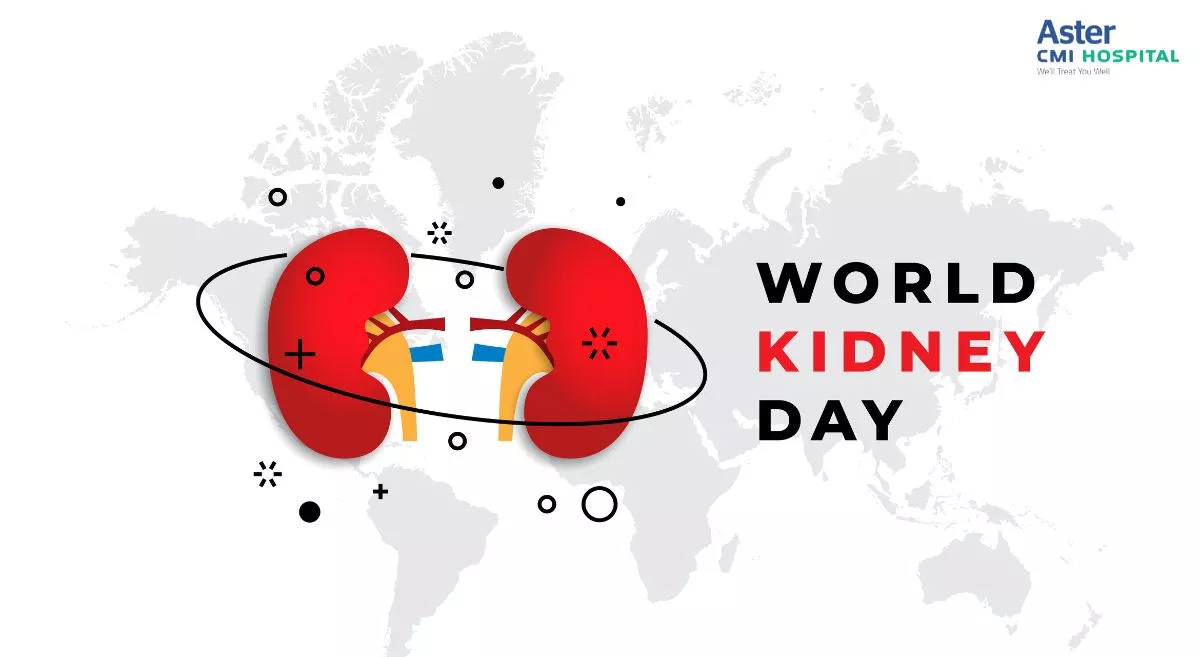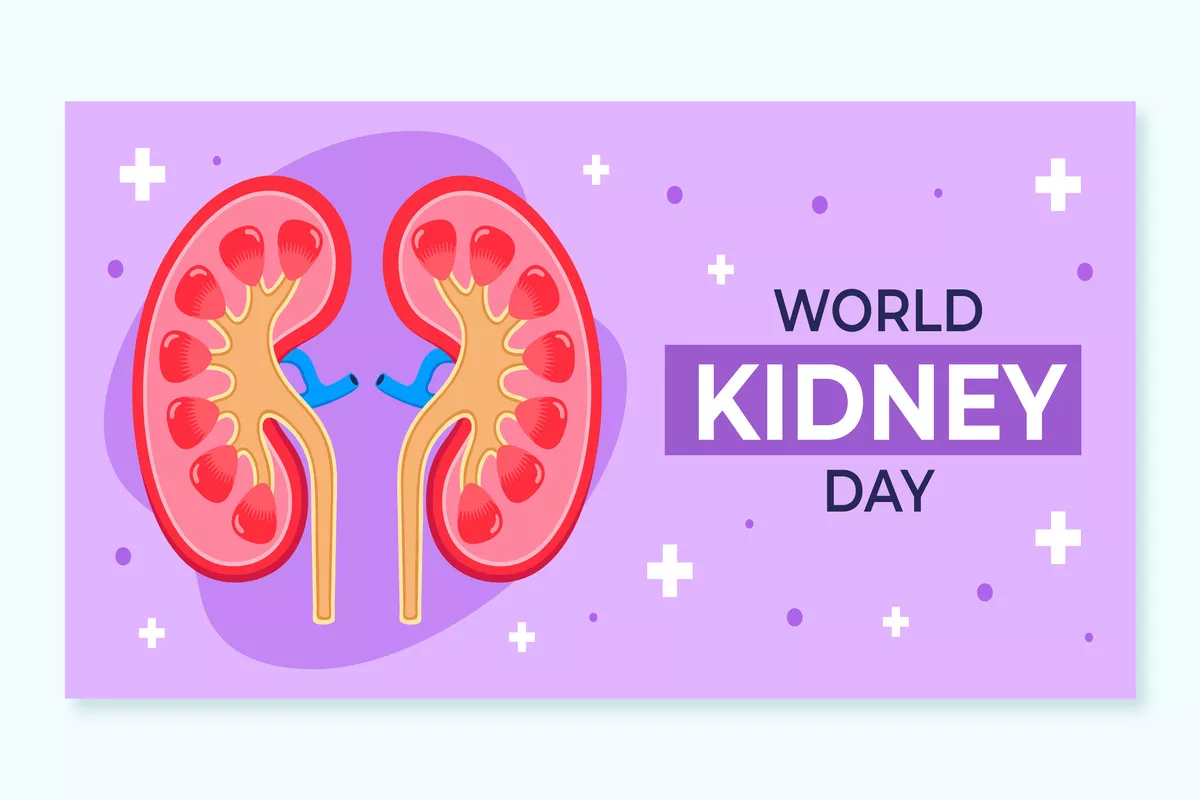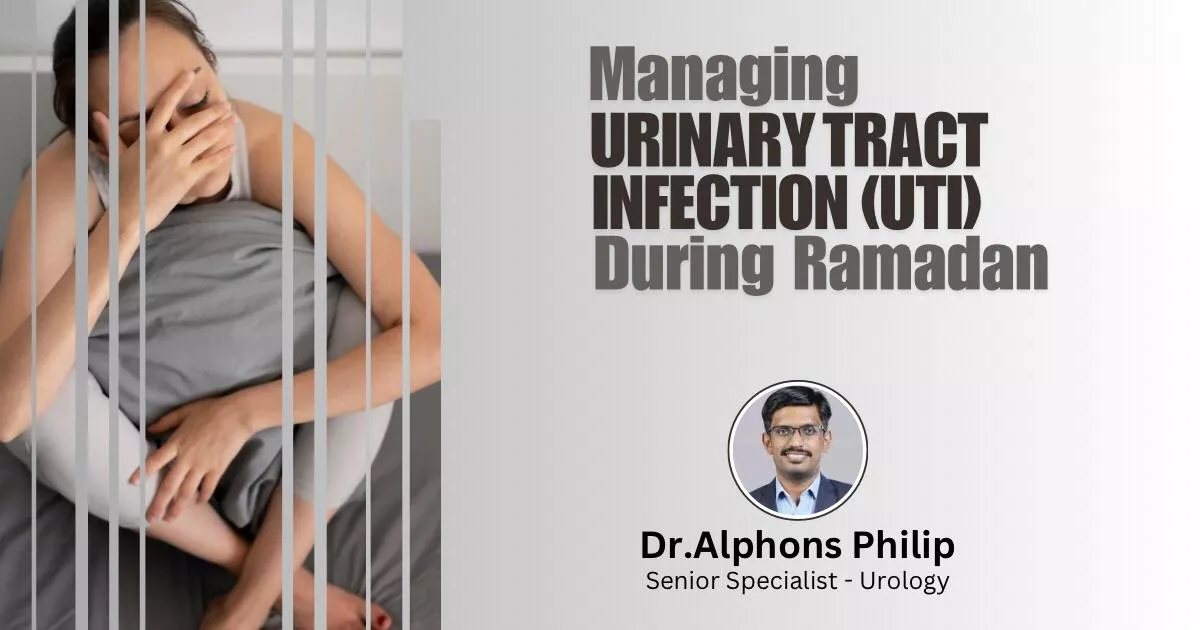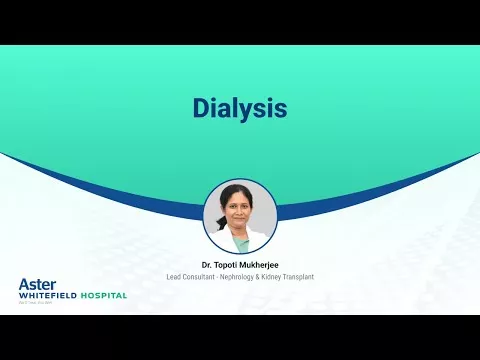Providing excellent clinical care to patients suffering from acute and chronic renal conditions, we are engineered to deliver excellent outcomes. As one of the most technologically advanced programs in India, we are dedicated to caring for patients with all types of kidney disorders and abnormalities. These include clinical nephrology, haemodialysis, peritoneal dialysis, critical care nephrology and renal transplantation. Additionally, our centre specialises in the treatment of a broad spectrum of urological conditions ranging from cancers of the urogenital and renal system to ailments such as male and female incontinence and even paediatric urology. Our experienced team includes kidney transplant specialists, nephrologists, urologists and support staff who meet the challenges of conducting multiple lifesaving procedures. To address renal diseases holistically we have a team of social workers, psychologists, dieticians, nurses, technicians and transplant co-ordinators who provide the warmth and care to patients and families. At this department, we offer the most advanced diagnostics, comprehensive pre-operative evaluation and dialysis support, the latest facilities available in procedures, and complete post-operative care to minimise the chances of infection.
Our Doctors
We have some of the best specialists from around the world, they bring years of experience and offer evidence-based treatment to ensure the best care for you.
Treatments & Procedures
We provide comprehensive treatment for all types diseases under one roof. Our highly experienced doctors supported by especially trained clinical staff, ensure the best care for you.
Advanced Technology & Facilities
Well equipped with the latest medical equipment, modern technology & infrastructure, Aster Hospital is one of the best hospitals in India.
Urine test
Blood tests
Renal function tests- BUN, Creatinine, Na/K, Cl-GFR
Ambulatory blood pressure monitoring
Imaging tests:
-Intravenous urography (IVU)
-Voiding cystourethrogram (VCUG)
-CT scan of the kidney and urinary tract
Renal angiography
Kidney biopsy
Outpatient Consultation for patients of all ages.
Measures to detect, prevent and stop progression of kidney diseases
Close follow-up and advice on management of different forms kidney diseases (along with the team of social workers, nurses and renal dieticians).
Outpatient Consultation for patients of all ages
Extracorporeal shock wave Lithotripsy for renal and ureteric stones
Flexible Cystoscopy for both diagnostic and therapeutic procedures
Transrectal Ultrasound guided prostrate biopsy
Minor procedures like urethral dilatation, suture removal, BCG installation
Aster Hospitals, for the first time in Kerala, introduces Robotic Surgery with da Vinci Robot- a highly advanced surgical Robot that performs minimally invasive surgeries with utmost precision. What can be called the next level in surgery, the da Vinci Robot has multi-limbed surgical robot with tiny wrists that bend in all directions, offering precision, dexterity and fine manipulation beyond that of human hand. The Surgeon performs minimally invasive surgeries by manipulating three robotic arms and a video camera that are inserted through small skin incisions, while seated in front of a computer console with 3D video screen and controls. The option of Robotic surgery is available in the Urology, Cardiothoracic, Gynaecology, Oncology, Gastroenterology, Bariatric and Paediatric Surgery Departments at Aster Medcity.
Patient Stories
Our patients are our best advocates, hear the inspiring stories of their treatment journey
Blogs
The source of trustworthy health and medical information. Through this section, we provide research-based health information, and all that is happening in Aster Hospital.
News & Events
Stay updated with the latest happenings at Aster Hospitals. Explore our News and Events section for insightful articles, health tips, upcoming events, and noteworthy achievements.

